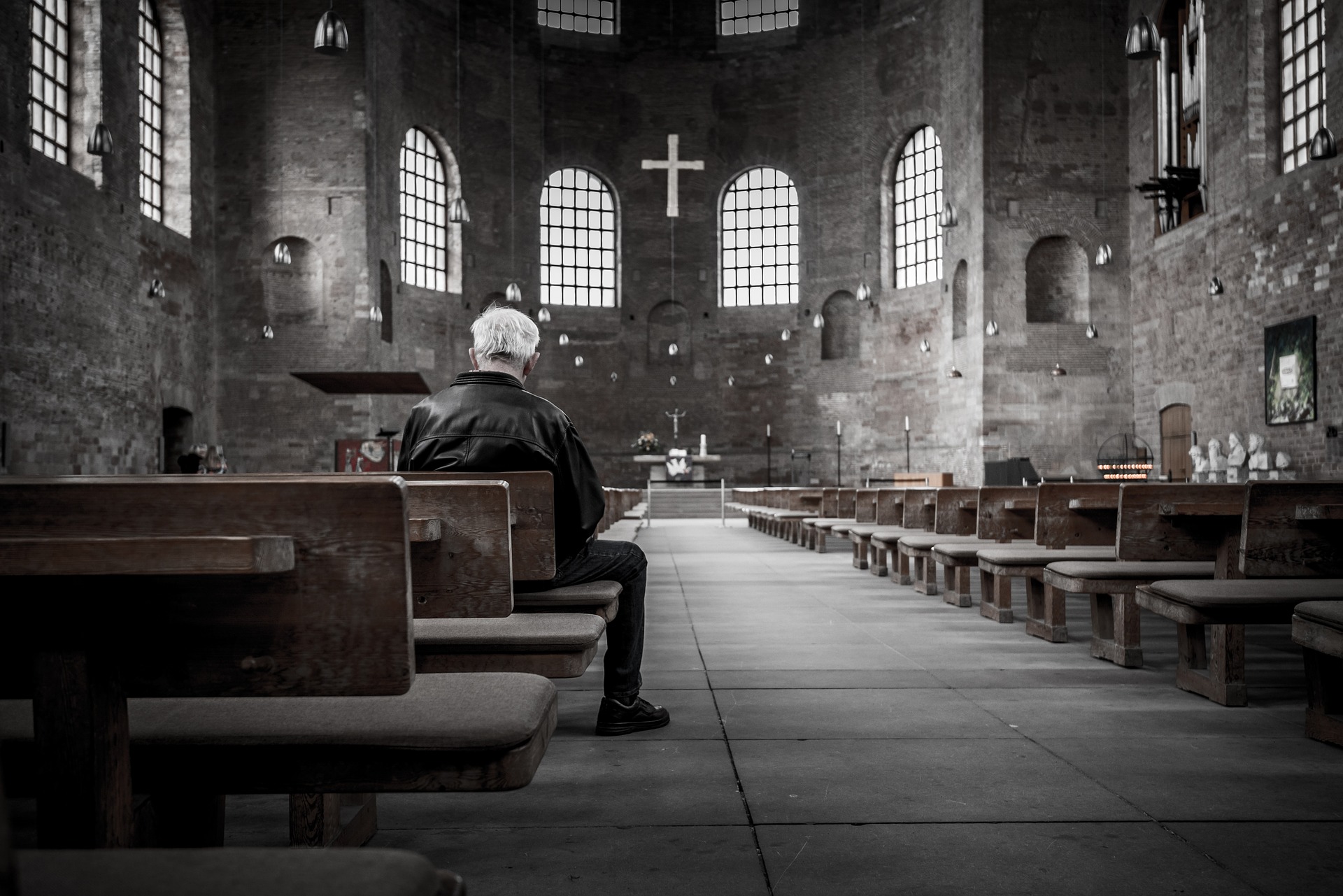I have been reading through the Gospels, carefully observing (the best I can) the way Jesus interacts with his friends, the crowds, and his enemies. If you study the ways of Jesus, you’ll notice that he never prioritizes grace over truth or truth over grace. Typically, his responses to the humble and lowly are tender and compassionate. In contrast to this, his responses to the arrogant and proud are baptized in anger (Jesus knows how to manufacture and wield whips in church!).
A common theme, moreover, among the varied ways of Jesus is his commitment to both grace and truth. He never, so far as I can tell, grants one without assuming the other. It seems that he understands both to be two sides of the same coin such that, if you want the “coin,” you will by default have both sides. The “heads” side of the coin is always backed up by the “tails” side and vice versa. Should you show grace or stand for truth? The answer is “yes.” The “truth” side always assumes the reality of the “grace” side, and the “grace” side always assumes the reality of the “truth” side. One coin; two sides.
Practically speaking, then:
If you shower grace upon others at the expense of speaking truth to them (i.e., hiding sin, turning a blind eye to wickedness, etc), then you rob grace of its glorious power—namely, its ability to overcome the horrors of human depravity. How so? Well, by neglecting to address sin, you have kept it hidden and therefore provide no opportunity for grace to come into the equation. After all, “grace” assumes some transgression was committed. Likewise, if in the name of truth you willfully neglect to shower grace, then you actually end up perverting the truth of God’s love and mercy, which is: Christ-crucified-for-his-enemies. God speaks truth for the purpose of bringing us back to himself—so that he can lavish us with grace and so that we can run to the cross, where grace was demonstrated.
Here’s the deal: The truth is that God is gracious, and God’s grace shines when sin is exposed by the truth. If, in your own life, you neglect one in favor of the other, you end up destroying the reality of both. If you faithfully cling to both grace and truth, however, then you just might see true transformation—a beautiful display of what it means for you (and, perhaps, your enemy) to be fully human.
It can be a fearful thing to let “grace” and “truth” mingle. It’s full of risk, requiring a strength that can only be found at places like Gethsemane, Golgotha, and (to be sure) the Garden Tomb. But if you are courageous enough to let “grace” and “truth” dance together like God intended, then you may very well be surprised to discover the joy and peace for which you were made. And that can only be found in the Messiah who embodies for the entire world both grace and truth so beautifully.
There is so much more I could say about this, and I am by no means wanting to turn the complexity of this issue into a set of sermonic platitudes. To the contrary, I want to turn our attention neither to churchy platitudes nor rote propositions but rather back to a person—namely, to the Son of God himself, through whom both grace and truth danced beautifully and boldly:
“And the Word became flesh and dwelt among us, and we have seen his glory, glory as of the only Son from the Father, full of grace and truth.” (John 1:14)
Amen.
